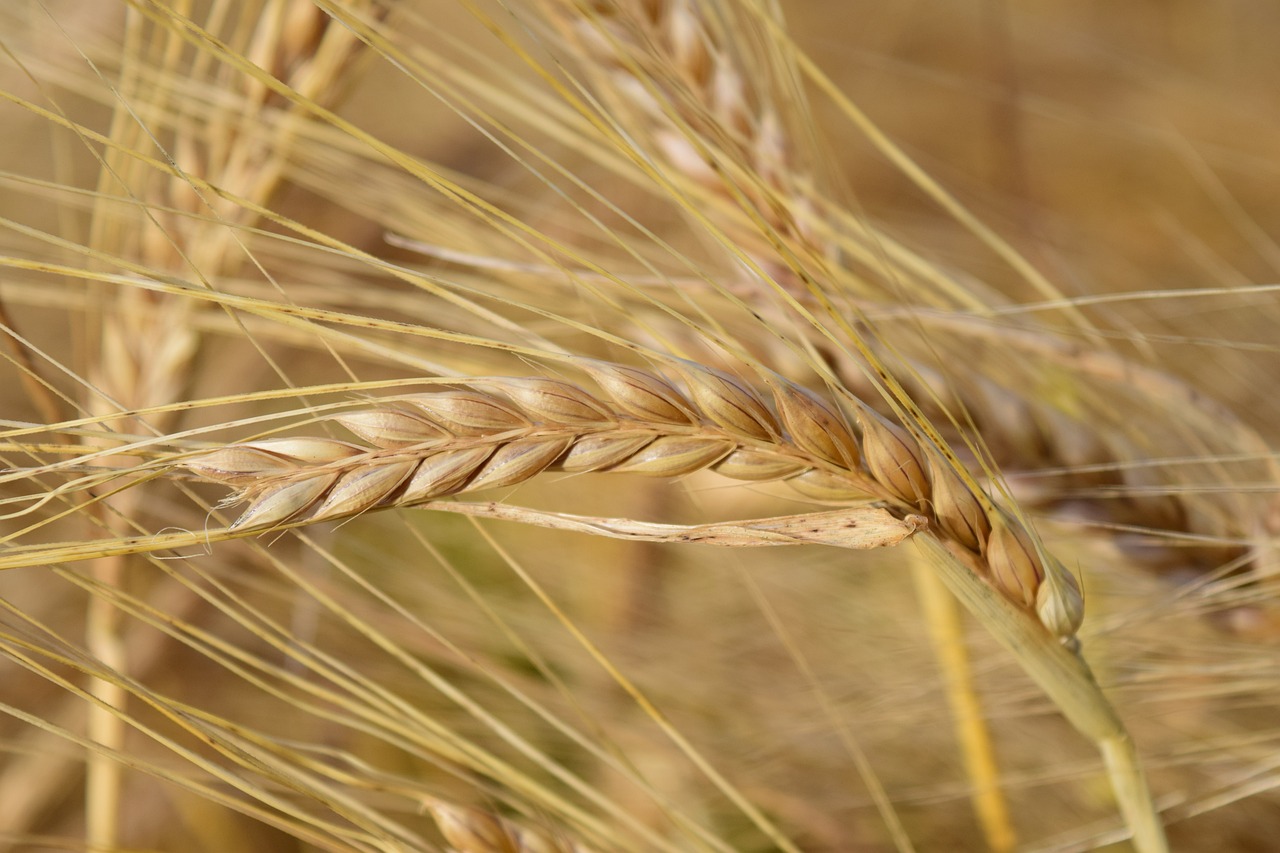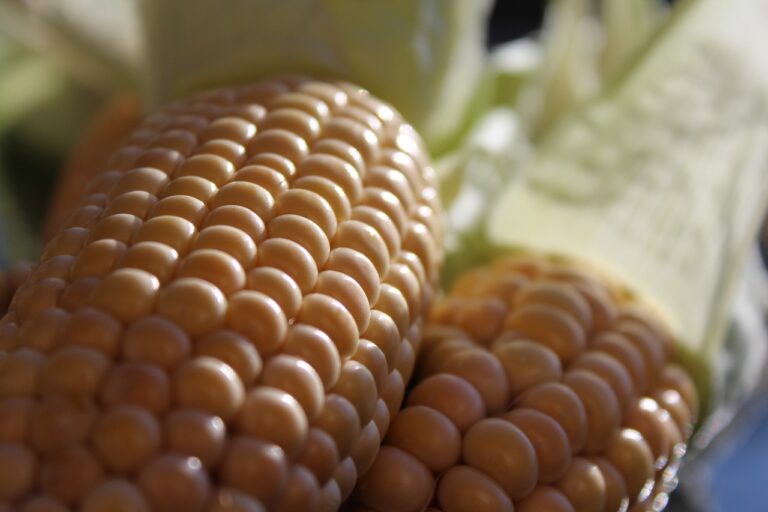Spotlight on Sustainable Oyster Cultivation for Protein Bar Ingredients: 11xplay reddy login registration, Gold365 login, Skyfairs new id
11xplay reddy login registration, gold365 login, Skyfairs New ID: Spotlight on Sustainable Oyster Cultivation for Protein Bar Ingredients
In recent years, there has been a growing trend towards sustainable and ethical food sourcing. Consumers are becoming more aware of the impact their food choices have on the environment and are seeking out products that are produced in a responsible manner. One such sustainable practice that has been gaining attention is oyster cultivation for protein bar ingredients.
Oysters are not only delicious and nutritious, but they also have a minimal environmental impact compared to other forms of protein production. Oyster farming is a form of aquaculture that involves growing oysters in a controlled environment, such as on a farm or in a hatchery. This method of cultivation is more sustainable than traditional fishing practices, as it helps to prevent overfishing and protects natural oyster populations.
Oysters are an excellent source of protein, vitamins, and minerals, making them an ideal ingredient for protein bars. They are low in fat and calories, making them a healthy addition to any diet. Oysters are also rich in omega-3 fatty acids, which have been shown to have numerous health benefits, including reducing inflammation and improving heart health.
By incorporating oysters into protein bars, manufacturers can offer consumers a sustainable and nutritious alternative to traditional protein sources. Not only do oysters have a minimal environmental impact, but they also provide a unique flavor and texture profile that sets them apart from other protein bars on the market.
When sourcing oysters for protein bar ingredients, it is essential to ensure that the oysters are cultivated in a sustainable and responsible manner. Look for products that are certified by reputable organizations, such as the Marine Stewardship Council or the Aquaculture Stewardship Council, which promote sustainable fishing and aquaculture practices.
In addition to being environmentally friendly, oyster cultivation can also have a positive impact on local economies. Oyster farms create jobs in coastal communities and support small-scale farmers and fishermen. By supporting sustainable oyster cultivation, consumers can contribute to the growth and development of these communities.
As the demand for sustainable and ethically sourced food products continues to grow, oyster cultivation for protein bar ingredients is likely to become more mainstream. By choosing products that are produced in a responsible manner, consumers can enjoy delicious and nutritious protein bars while supporting environmentally friendly practices.
In conclusion, sustainable oyster cultivation for protein bar ingredients offers a unique and environmentally friendly alternative to traditional protein sources. By choosing products that are produced in a responsible manner, consumers can support sustainable farming practices and enjoy delicious and nutritious protein bars. So why not give oyster protein bars a try and taste the benefits of sustainable seafood cultivation?
FAQs
Q: Are oysters a sustainable source of protein?
A: Yes, oysters are considered a sustainable source of protein, as they have a minimal environmental impact compared to other forms of protein production.
Q: Are oysters nutritionally beneficial?
A: Yes, oysters are a great source of protein, vitamins, and minerals, making them a nutritious addition to any diet.
Q: How can consumers ensure that the oysters used in protein bars are sustainably sourced?
A: Consumers can look for products that are certified by reputable organizations, such as the Marine Stewardship Council or the Aquaculture Stewardship Council, which promote sustainable fishing and aquaculture practices.







